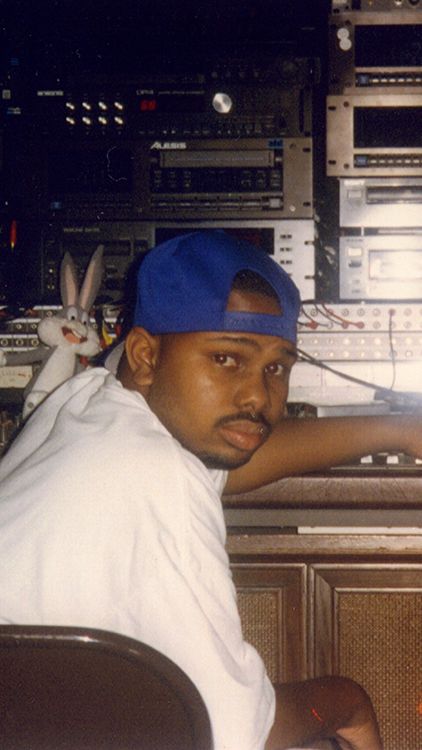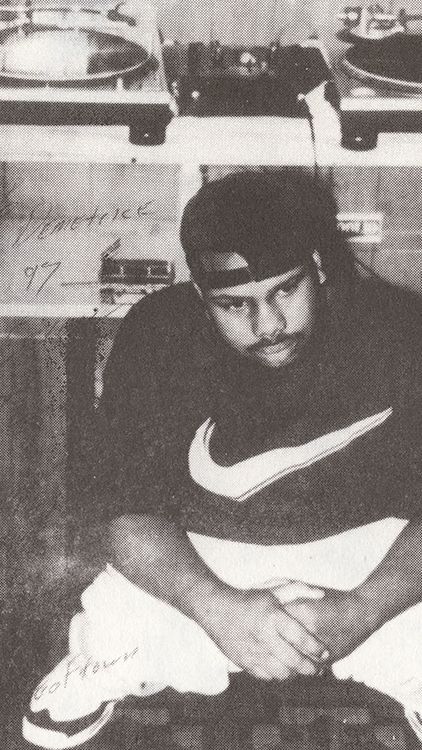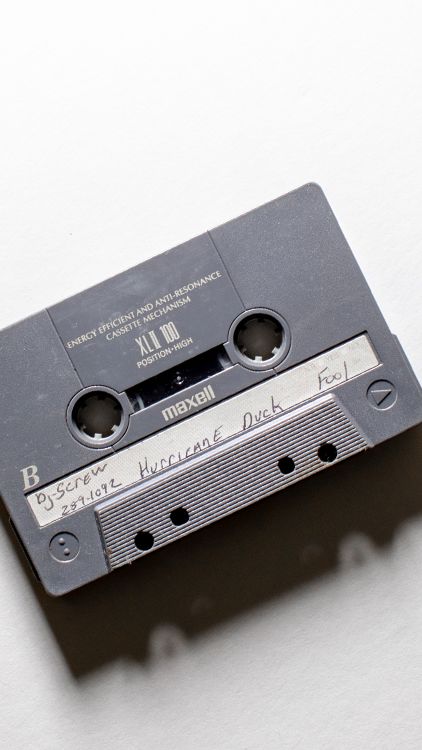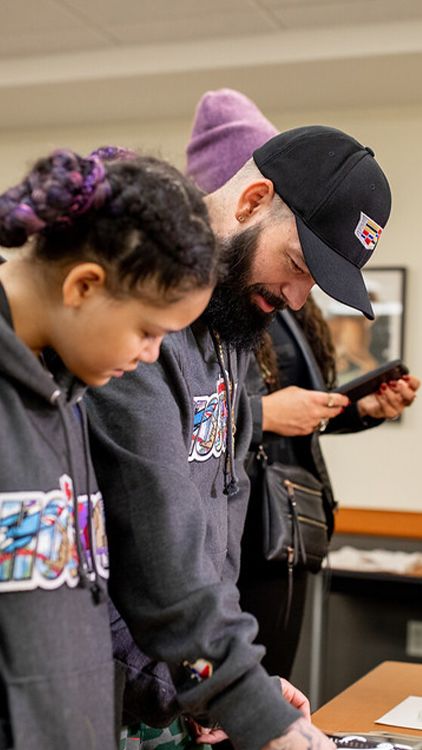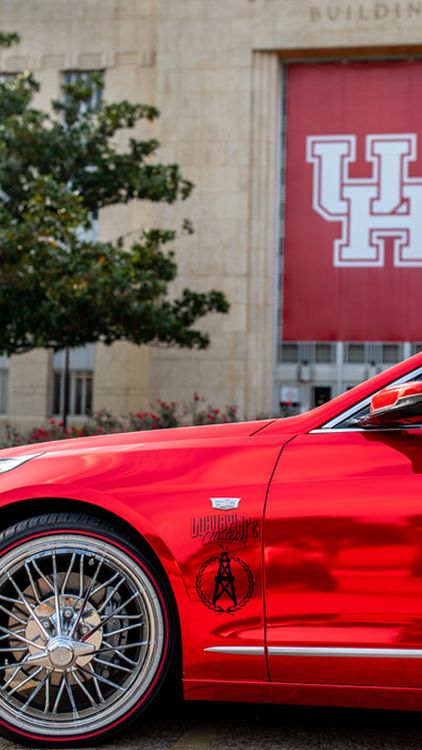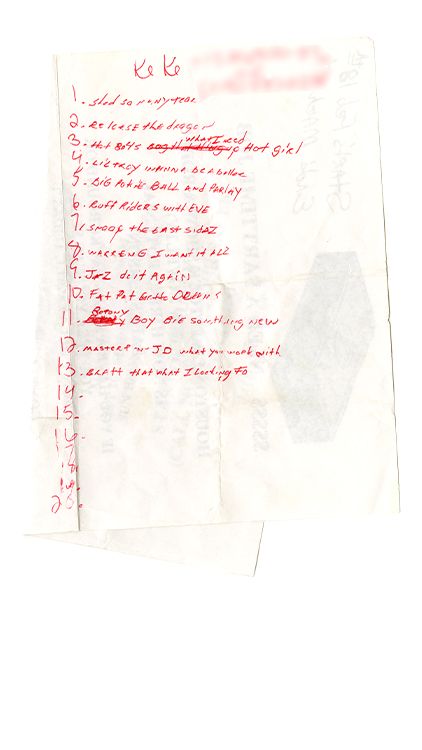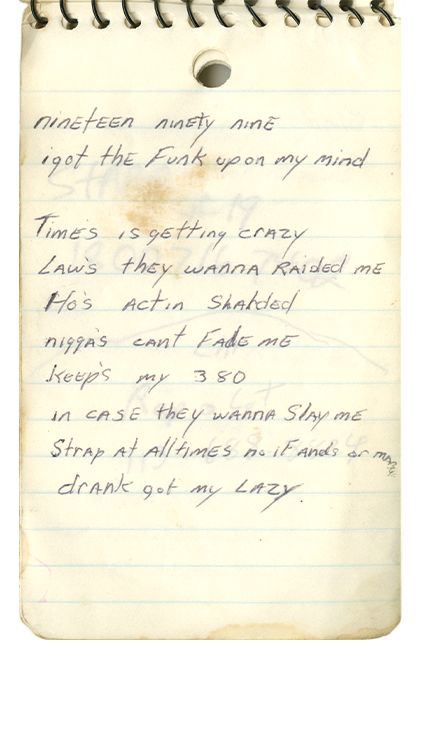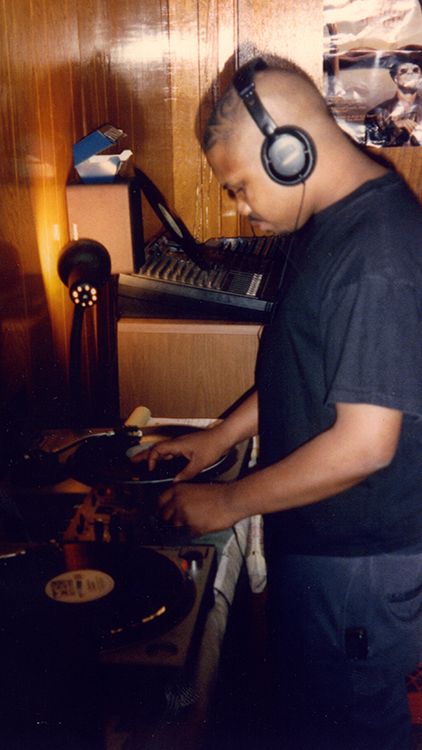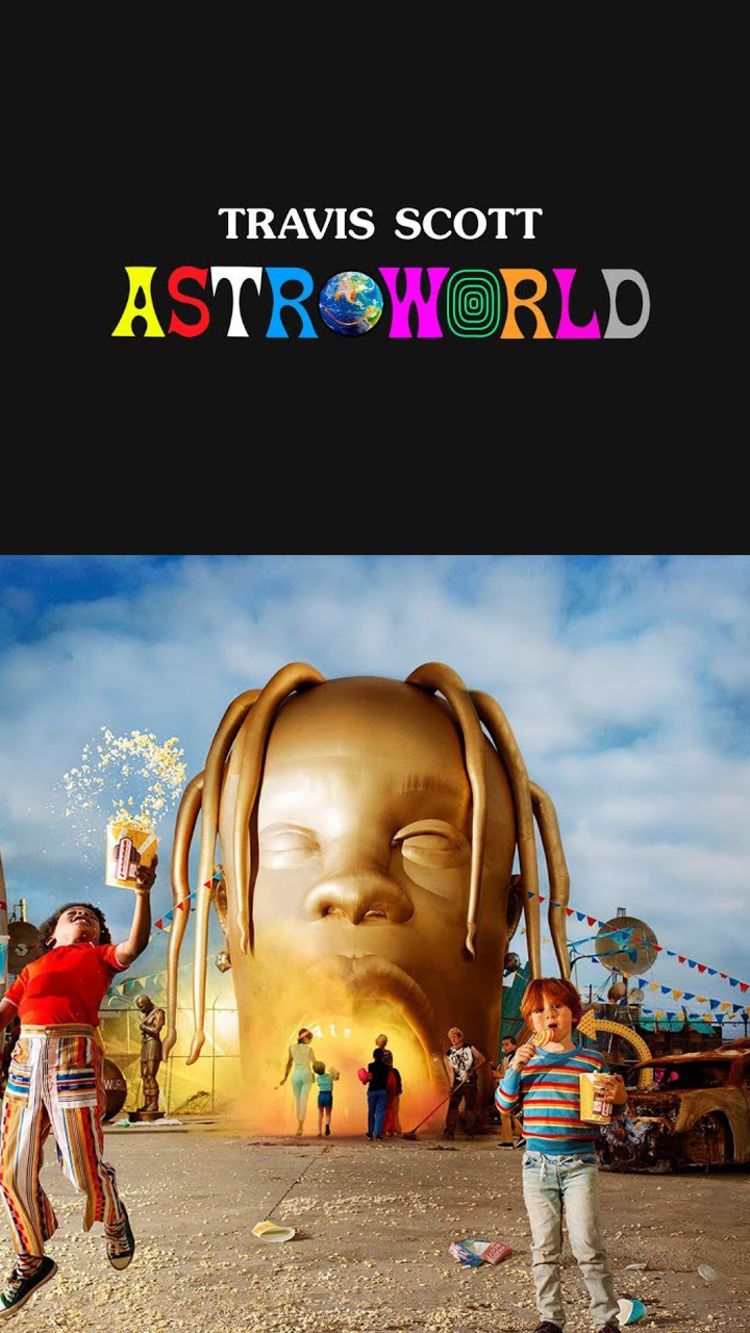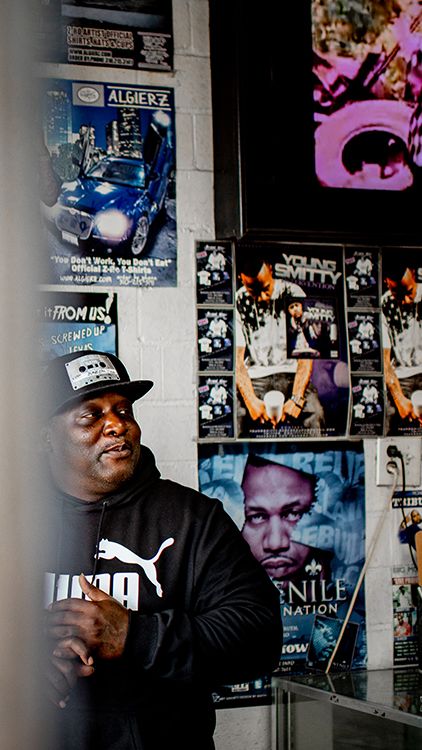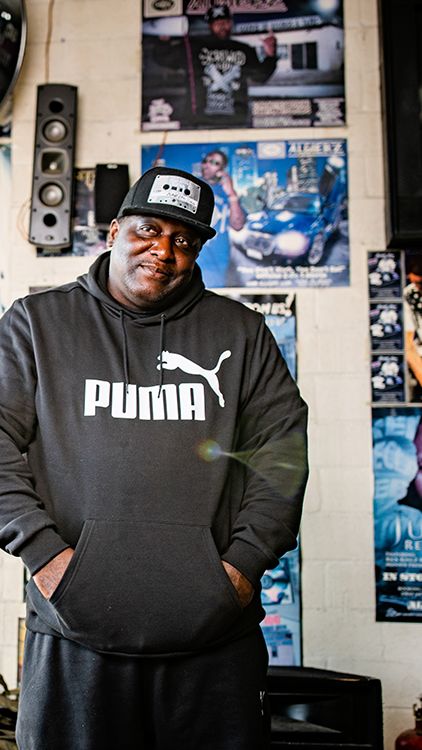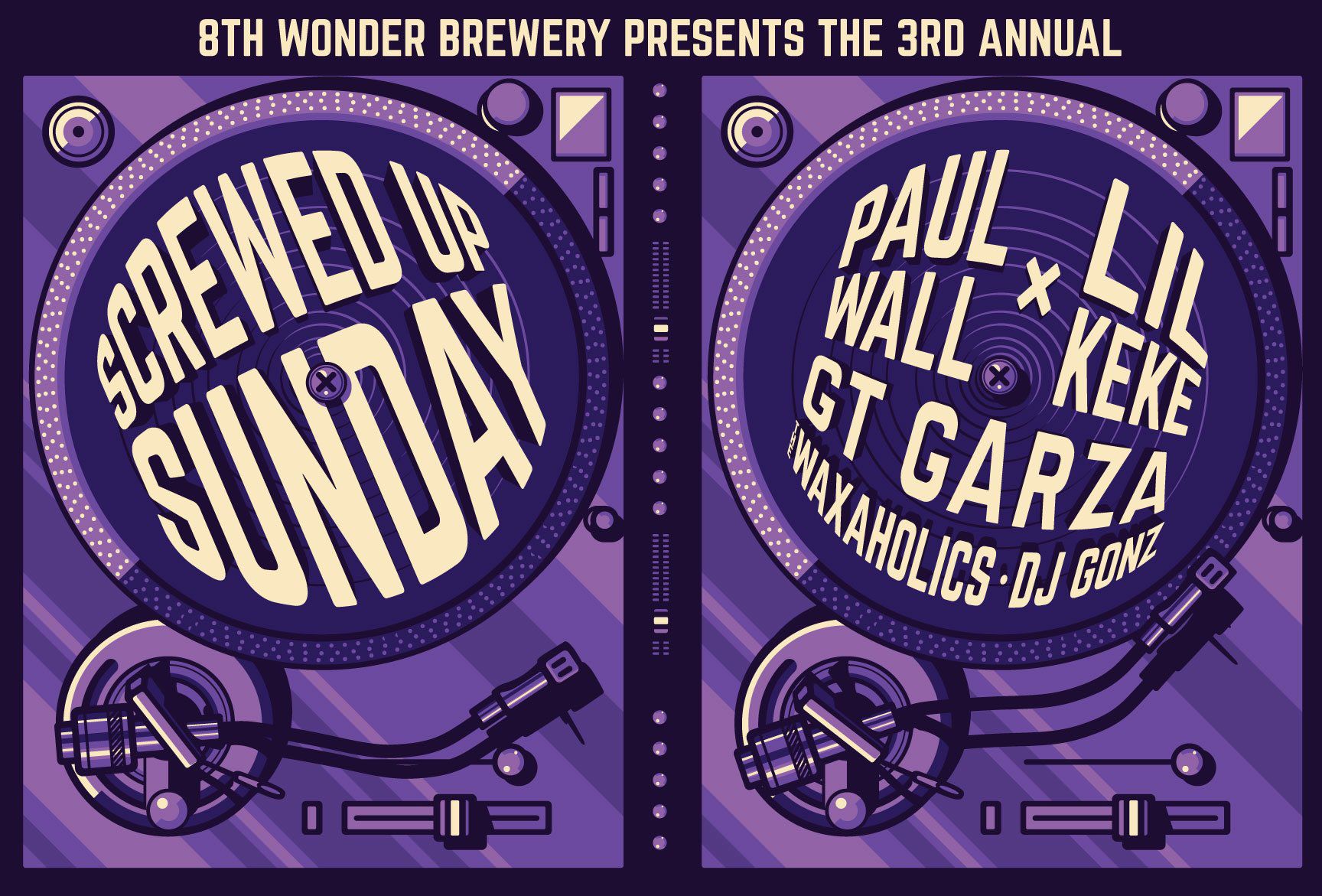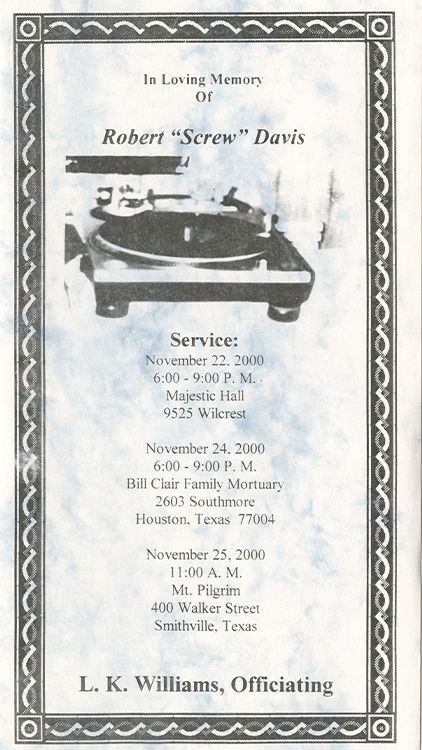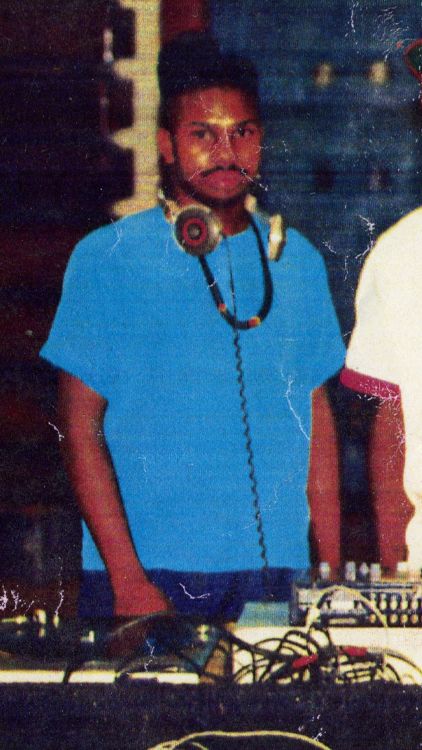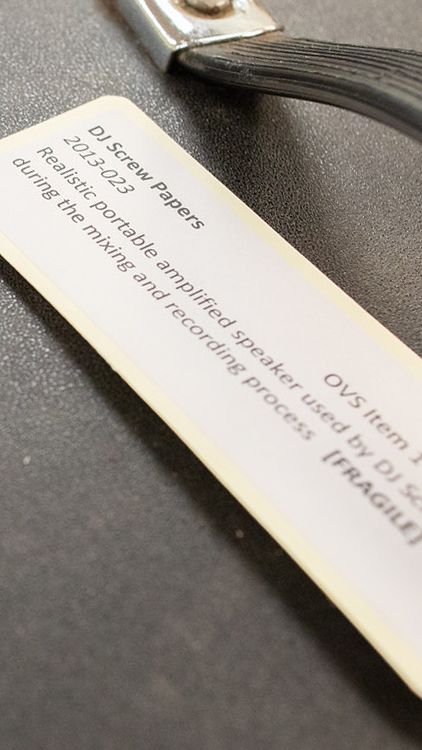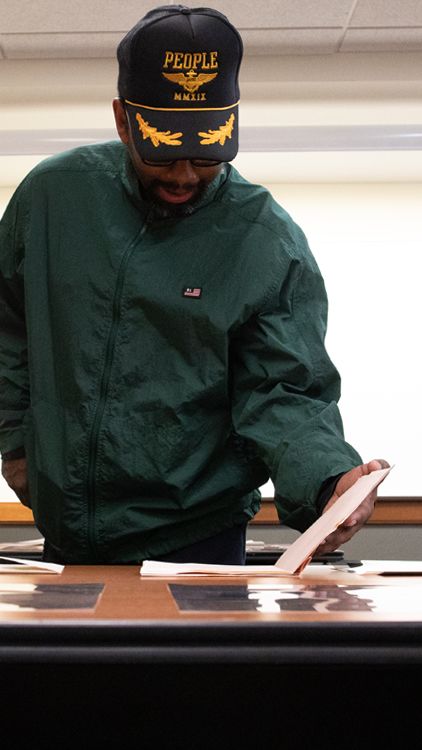Keeping DJ Screw’s
Memory Alive
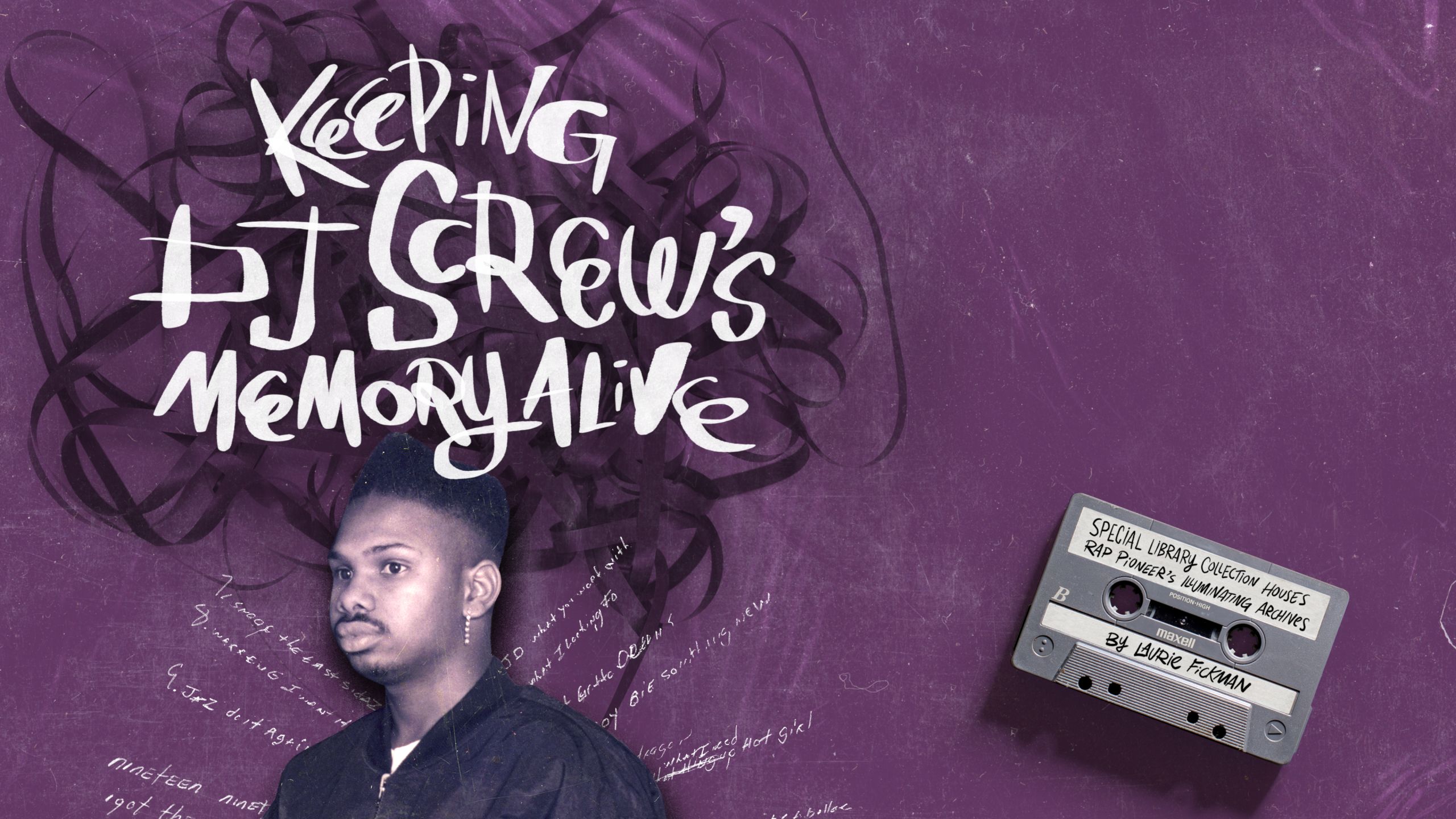
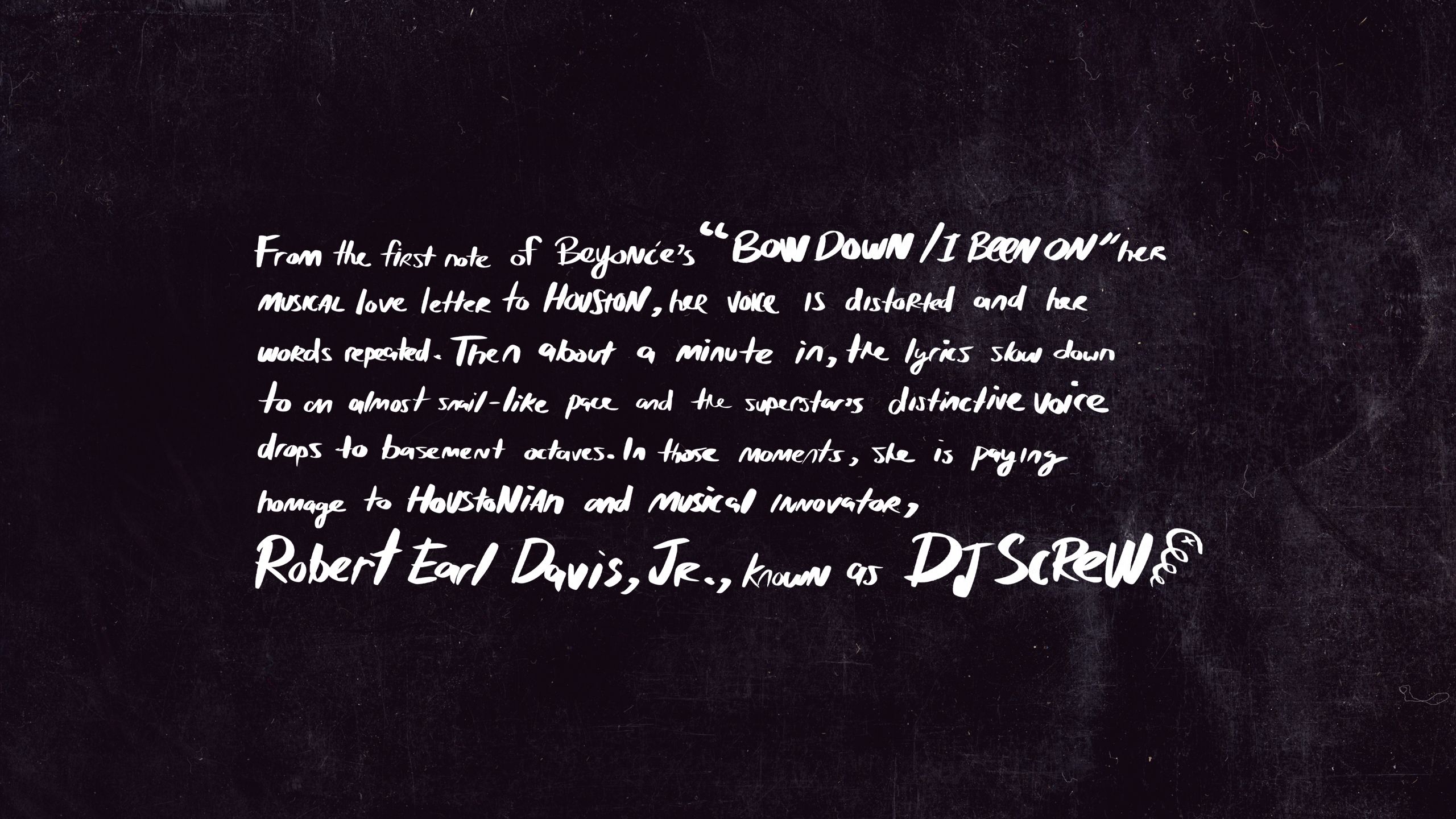
He is called the Originator for creating the slowed-down tempo known as “chopped and screwed,” an inventive musical language that propelled hip hop in a new direction and solidified the city of Houston’s reputation as an epicenter of rap.
With two turntables on either side of him, DJ Screw would manually manipulate vinyl albums, slowing down the tempo and maintaining the glacial pace on recordings that could last over an hour. In 1999, DJ Screw said he “let my fingers do the talking.” He would invite his friends, who would later be known as the Screwed Up Click (SUC), to freestyle while he recorded the final product on his celebrated Screw tapes.
“He would just slow down the tempo of everything. It would just take you to a place where it would just put you in a trance,” said Grammy-nominated Houston rapper and UH alum Paul Wall, who was a teenager in the ’90s, at the height of DJ Screw’s career. “My introduction to hip hop was through DJ Screw … hearing Screw tapes.”
DJ Screw would record more than 300 such original mixtapes during his brief, yet historic, career and though he did not live to see his musical style transcend time, his legacy is certain. He died in 2000 at 29 of a drug overdose.
“He created a lane of music, a branch of the hip hop tree for us in Houston and Texas,” said Wall. That kind of respect is why Paul Wall and his 12-year-old daughter were recently on the second floor of the University of Houston’s M.D. Anderson Library, inside the Special Collections area. That’s where UH hip hop archivist Julie Grob oversees the exclusive DJ Screw archives.
“UH Special Collections documents the people and communities who make Houston distinctive, and those whose creativity has made an impact beyond the city,” Grob explained. “As an innovative artist known around the world for his ‘chopped and screwed’ production style, DJ Screw was a natural choice for inclusion in the archives.”
The collection includes the artist’s handwritten set lists, vinyl records, childhood photos, original audio equipment and, yes, plenty of Screw tapes. It’s the kind of array you would have found in DJ Screw’s house, where he first mixed and sold the tapes.
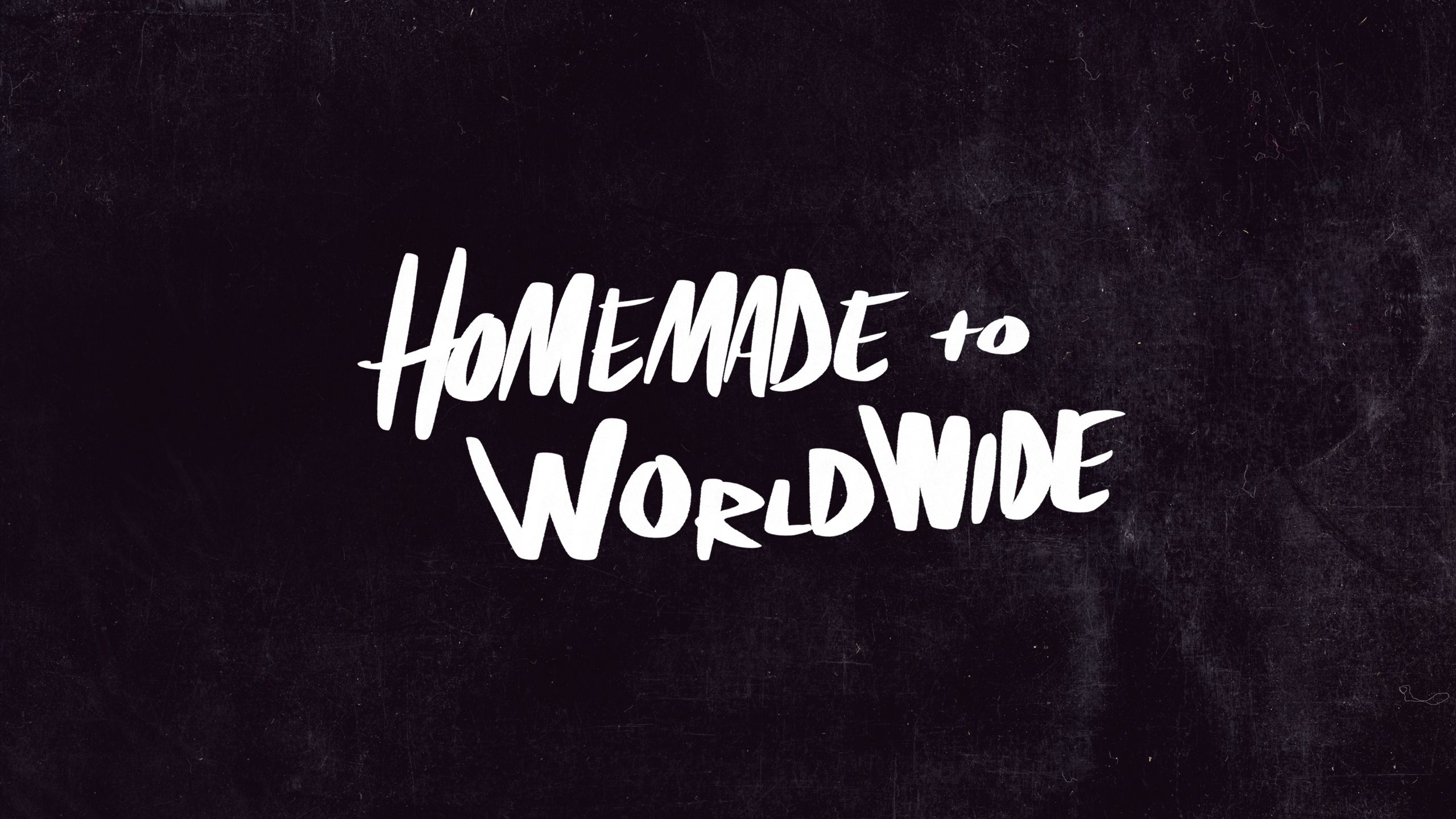
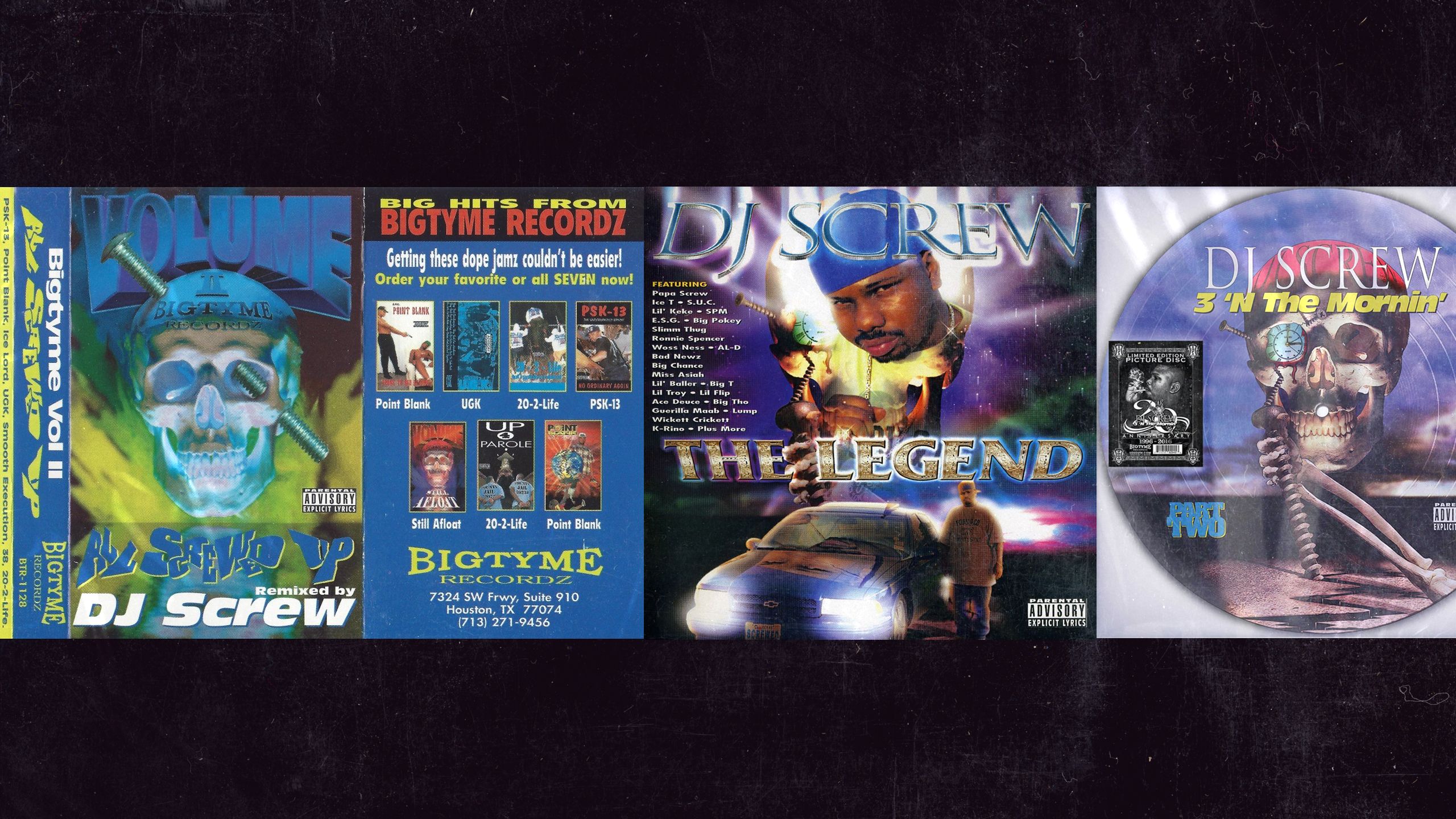
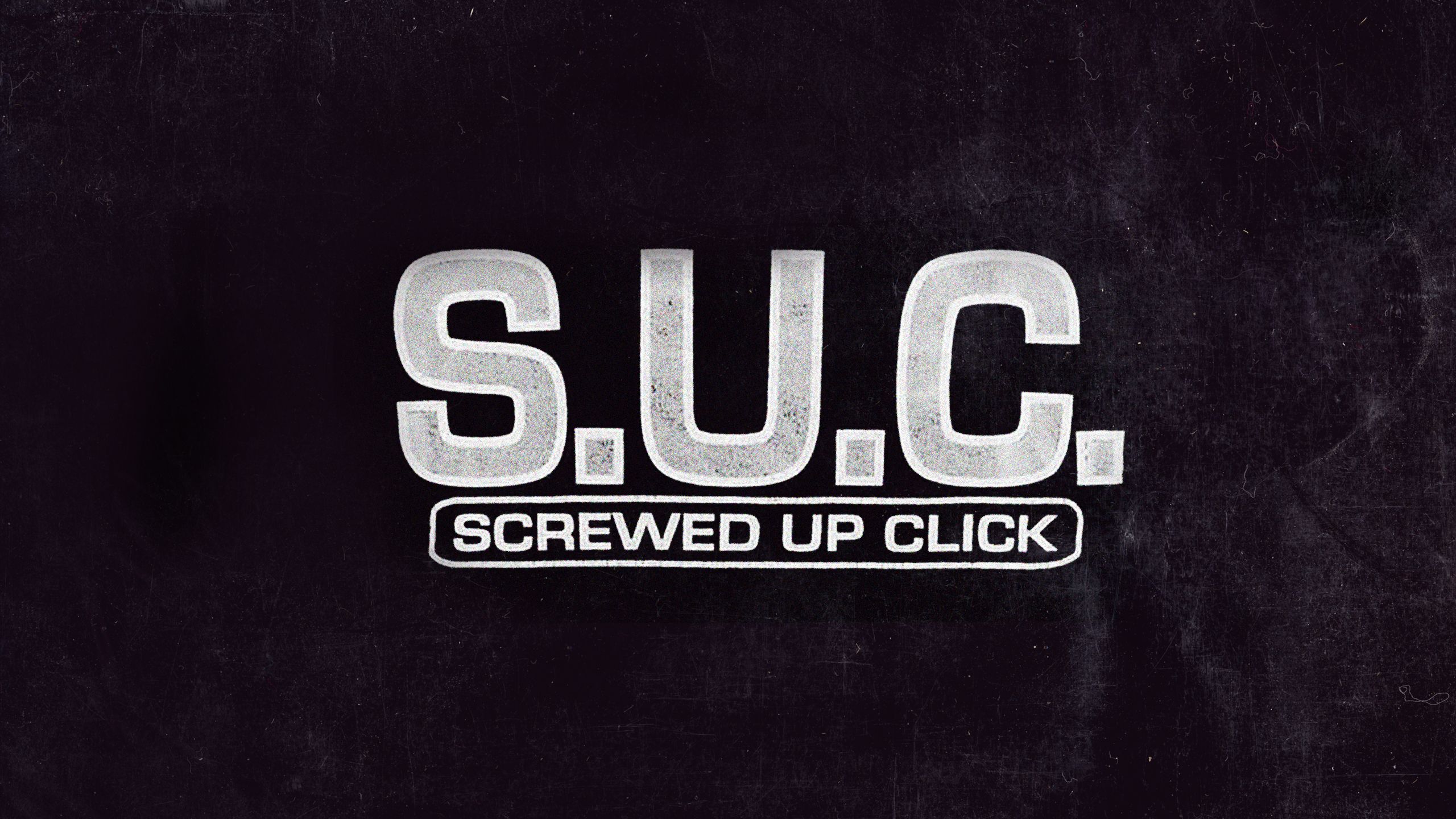
On any given day in the mid-to-late 1990s, cars lined up for blocks around Greenstone Street in Houston’s Southside area, just 10 minutes from the UH campus. Many of the cars were “slabs,” or brightly painted customized cars that were slow, loud and banging. In the cars were fans seeking music — DJ Screw’s homemade underground cassette tapes. At one point he was raking in an estimated $15,000 per day from cassette sales, sometimes more than that, selling between 10,000 to 15,000 copies in a single day.
Often inside the house were any number of SUC members, including C-Note, Will-Lean and the Botany Boyz, Lil’ Flip, Big Pokey, Big Hawk, Big Moe, Fat Pat, Lil’ Keke and others.
Wall said nothing on the radio stirred the excitement of a Screw tape with that rap collective on it.
“When you got a new Screw tape or something new from DJ Screw you’d come share it with everyone and say ‘Hey! Have you heard the new one? I bet you haven’t heard this one. Have you heard him freestyling with Lil’ Keke or what Fat Pat said on this?’ You’d collect it and brag about it,” Wall said. “It would be like collecting basketball cards, baseball cards. It was kind of like similar, where you would trade Screw tapes with each other.”
And just like that, with no major record label to push him, no agents or managers to guide him, no internet to spread his music, DJ Screw became a national influence.
Will-Lean was one of DJ Screw’s first freestylers to be recorded on a mix tape.
“Screw held no animosity to anyone. If you had a beef with someone on the street, at Screw’s house there was no beef,” Will-Lean said. “Screw brought everybody together, and he gave everyone careers to this day.”
John Chiles, a UH professor of African American Studies, agrees that what happened inside that house and later at DJ Screw’s record shop, was significant. Chiles, who teaches a course called “Hip Hop History and Culture,” dedicates an entire week just to DJ Screw.
“I compare his impact to another musical genre. In the mid-1970s, punk rock was a fledgling style, but then the Sex Pistols took it to a whole new level. That’s exactly what DJ Screw did for hip hop. The staying power speaks for itself,” said Chiles, who counts at least four of the top 10 hip hop records today in which he can hear Screw’s influence.
While DJ Screw’s impact endures, Chiles isn’t so sure that he gets all the credit he deserves for so substantially changing the sound of hip hop. But it’s safe to say many Houstonians are working to keep his memory alive.
On platinum-selling rap artist and Houstonian Travis Scott’s album, Astroworld, he pays notable tribute with the song “R.I.P. Screw.”
“We’re all called upon to uplift his memory and give him his proper credit and just due even though it’s not enough,” said Wall, who often includes admiring shout-outs to Screw in his own songs.


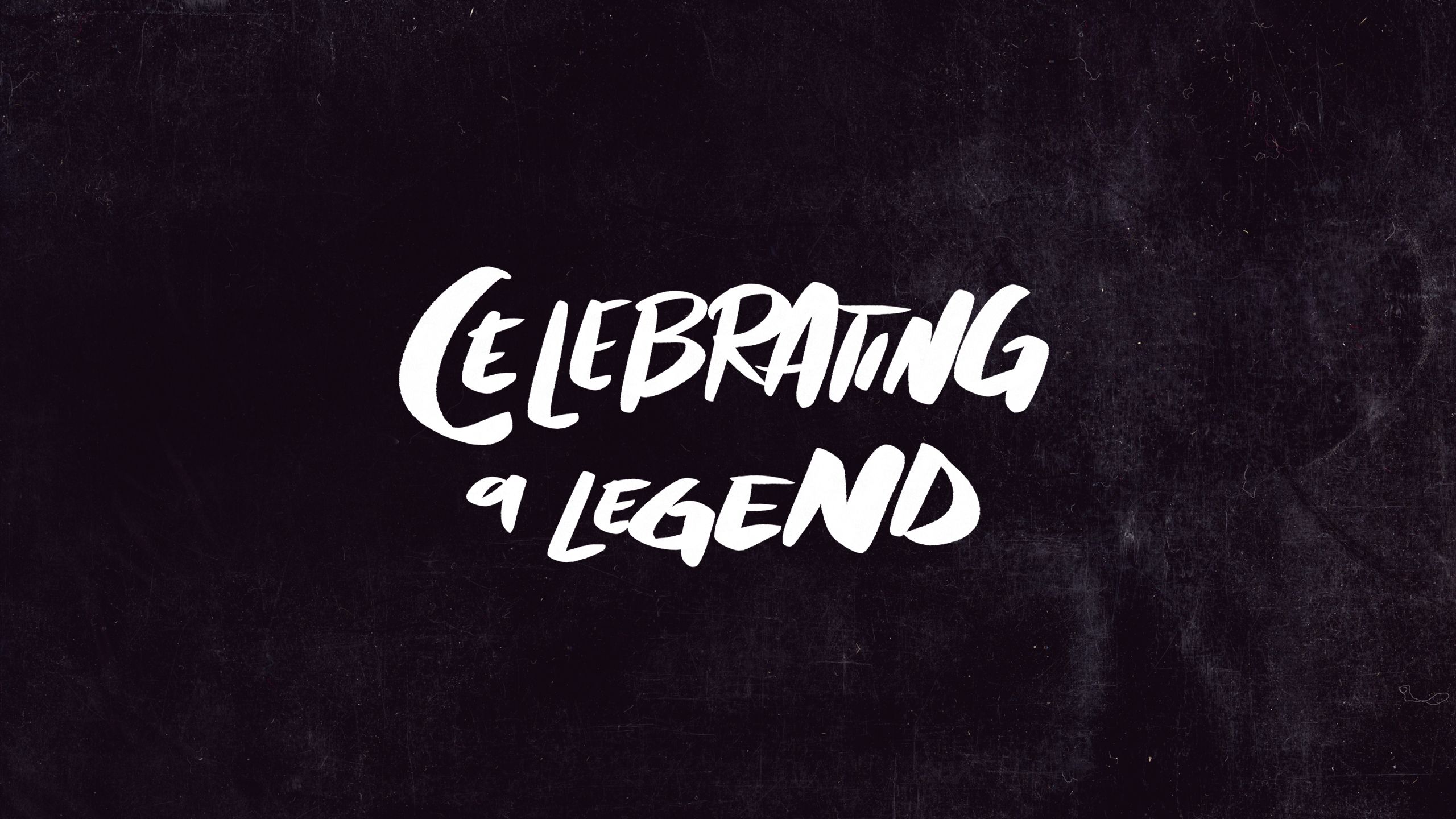

In the back room studio of Screwed Up Records and Tapes on W. Fuqua, Will-Lean is putting the final touches on a tribute record to DJ Screw. It’s part of his new album, Legends Part Two, which is soon to be released.
Will-Lean remembers well the day, the moment frozen in time, he was told that DJ Screw died. Some 20 years later, it sticks with him as he mixes the new song he wrote and sings about his friend. The haunting lyrics describe a dream where Will-Lean wakes up to see DJ Screw at his door and Will-Lean asks for advice:
“I don’t know where to start. The click falling apart. Screw what should I do? He said, ‘Just follow your heart.’”
Will-Lean stops the recording session. “This still gives me chills,” he said.
On the track, Will-Lean’s voice is a beautiful mix of freestyle and rhythm and blues, which he comes by so naturally. His father was one of the Drells — of Archie Bell and the Drells — best known as the Houston R&B group that popularized the dance craze and popular song “Tighten Up” in 1968.
Also keeping DJ Screw’s memory alive and vital is host and executive producer of Kollective Media, Ky Meyer. For the last decade, she has regularly featured hip hop artists on television to shine a light on Houston hip hop. She is also co-creator of the yearly “Screwed Up Sunday,” an all-day tribute at 8th Wonder Brewery.
“I’ve watched the event grow into something that is incredible that brings together the whole city, for the love of music and the love of culture. Houston hip hop is so much different than what you get on the East or West Coast, so it’s special, and it’s so important that we preserve that,” said Meyer, who said part of Screw’s legacy is to be original.
“Screw did something different, and everyone thought he was crazy at first. But life rewards risk takers. He took a big risk, he did something different, and now it’s still like ‘All hail Screw,’” Meyer said.
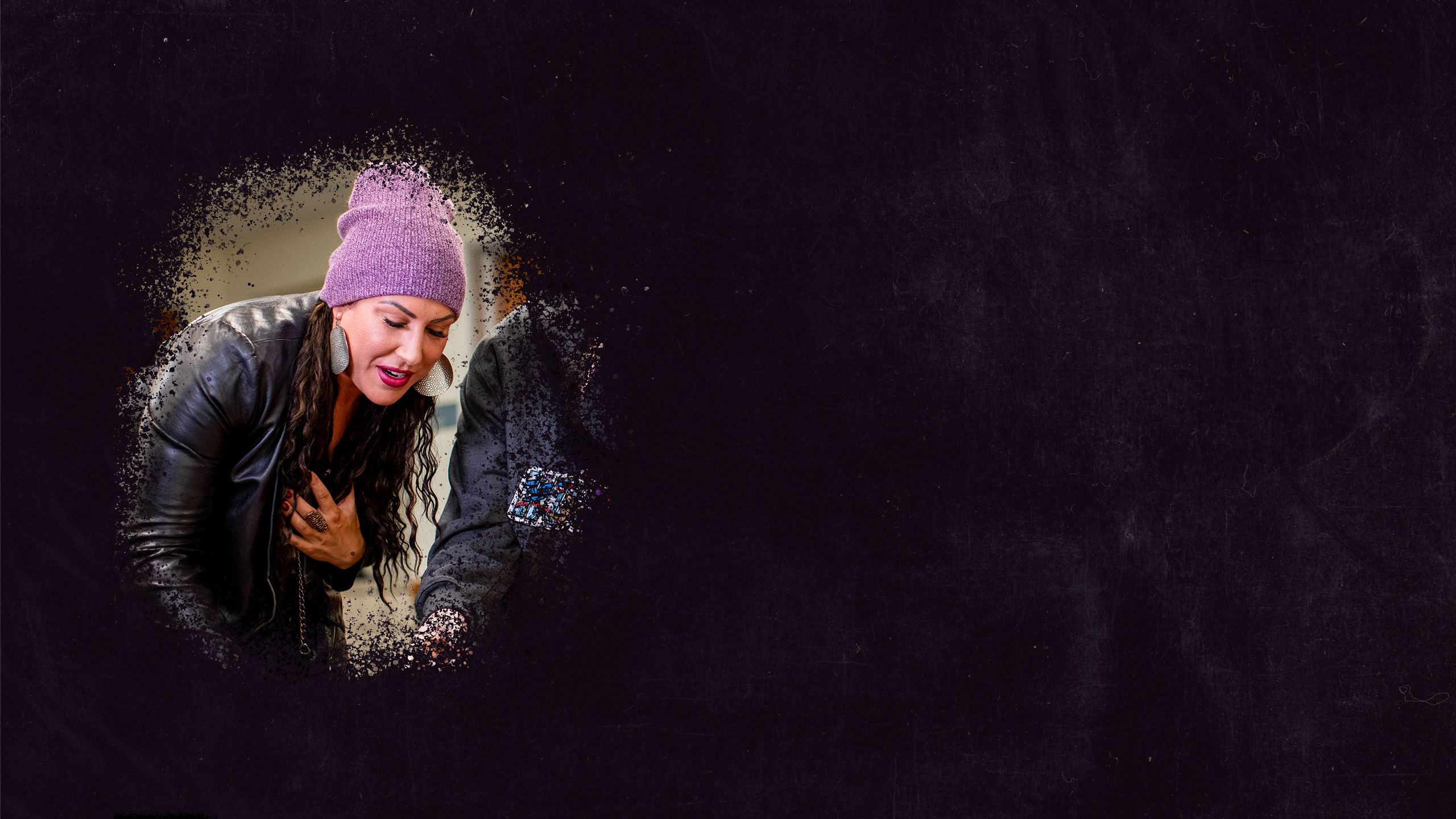
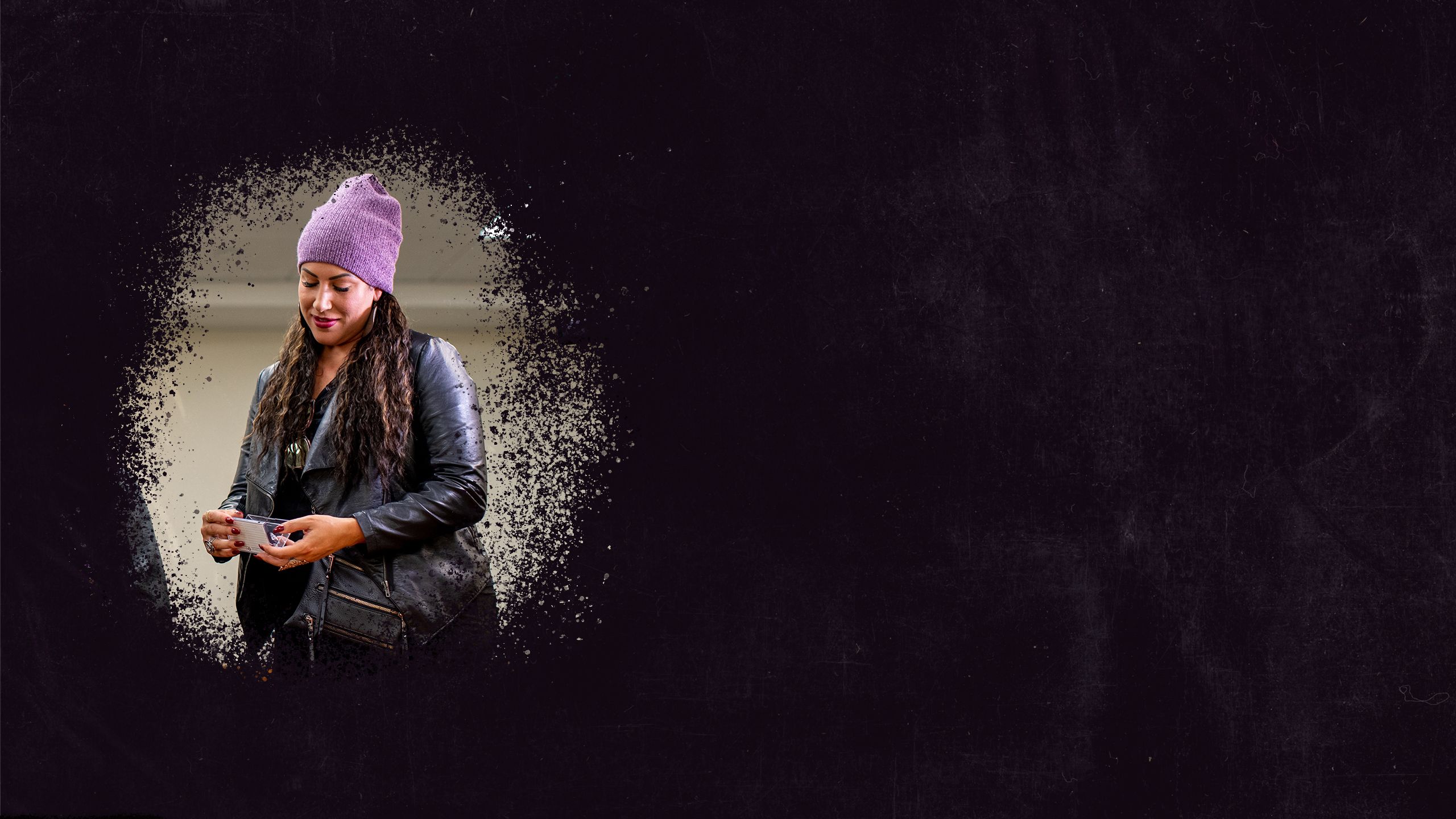
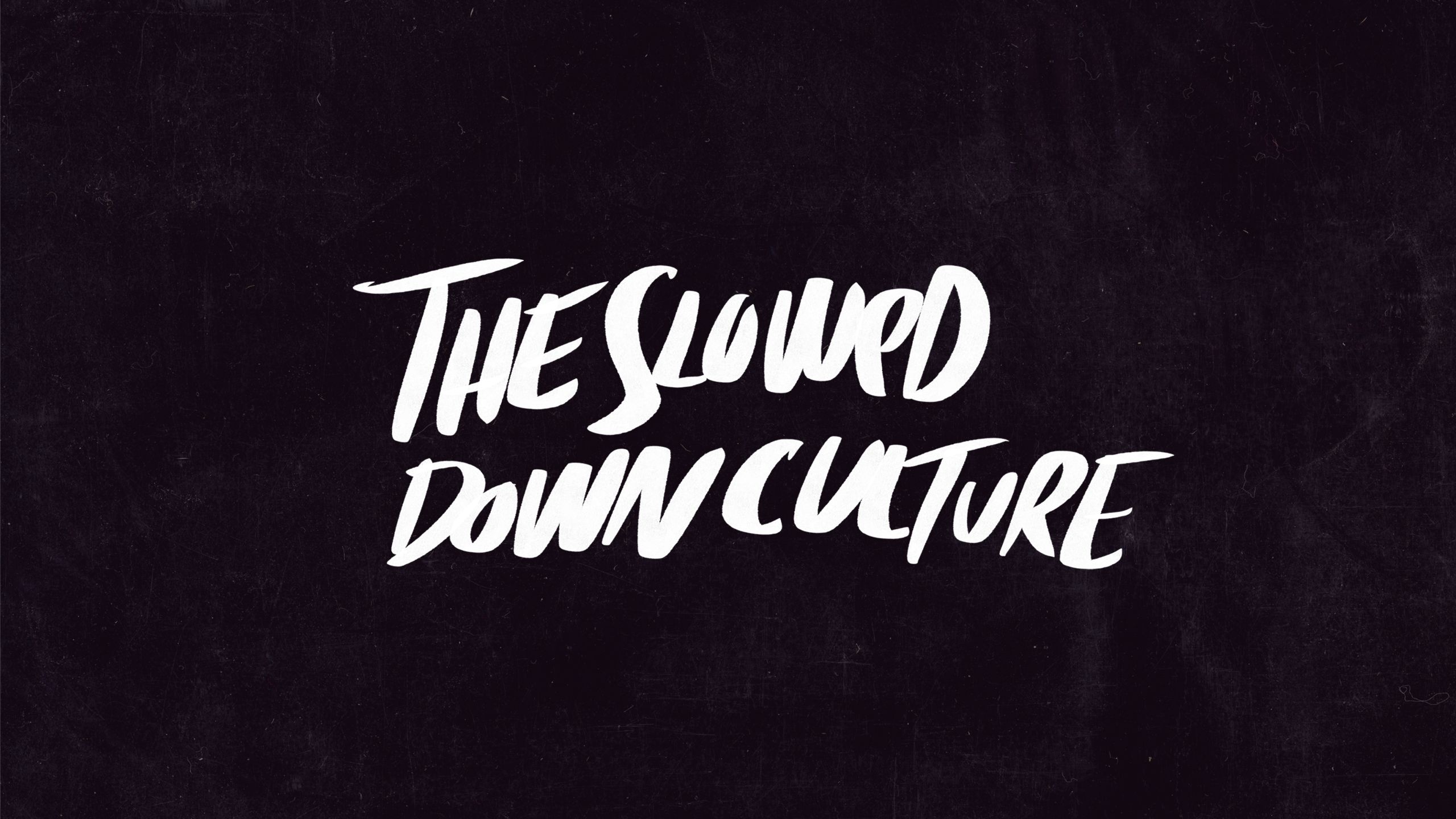
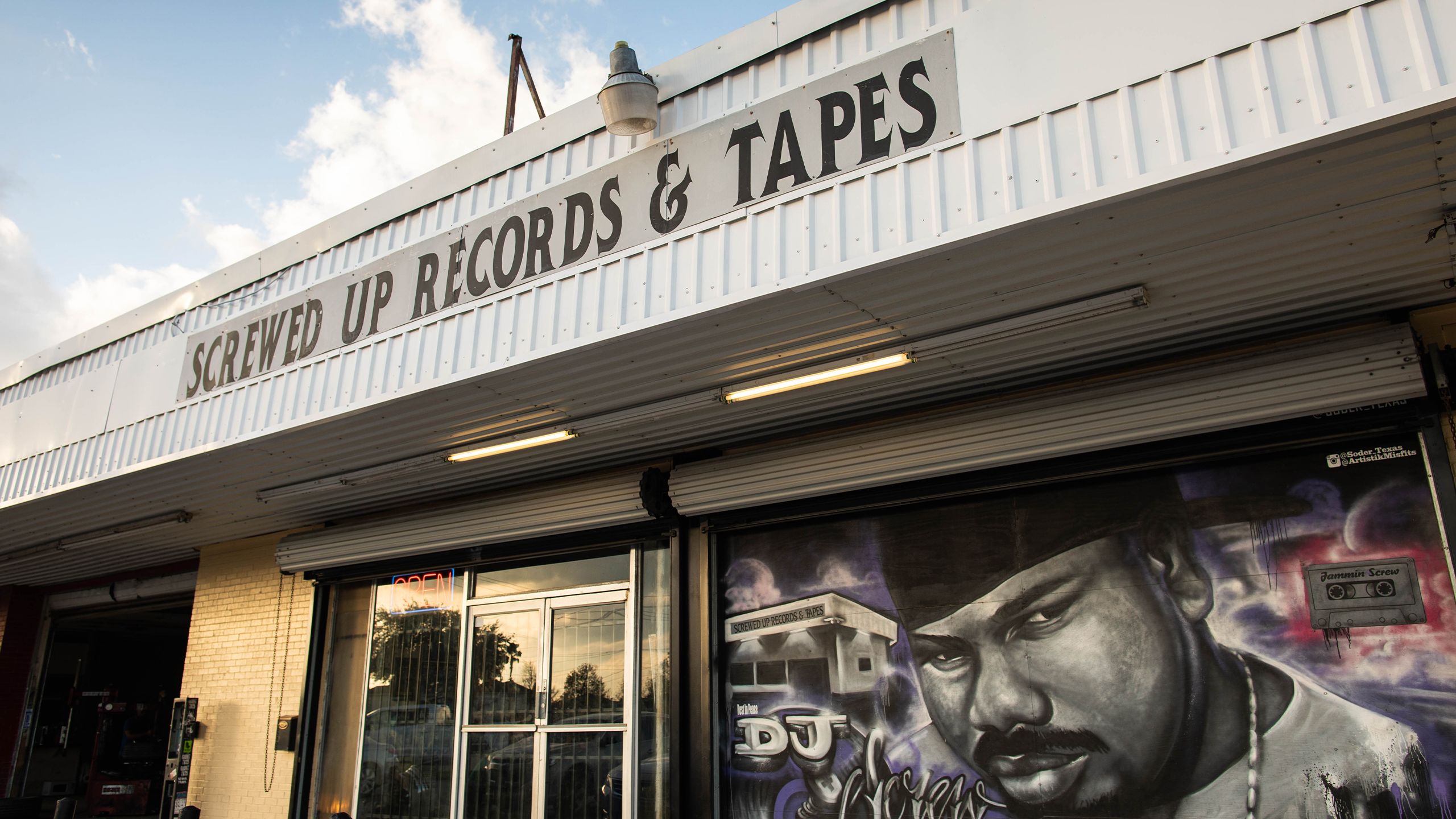
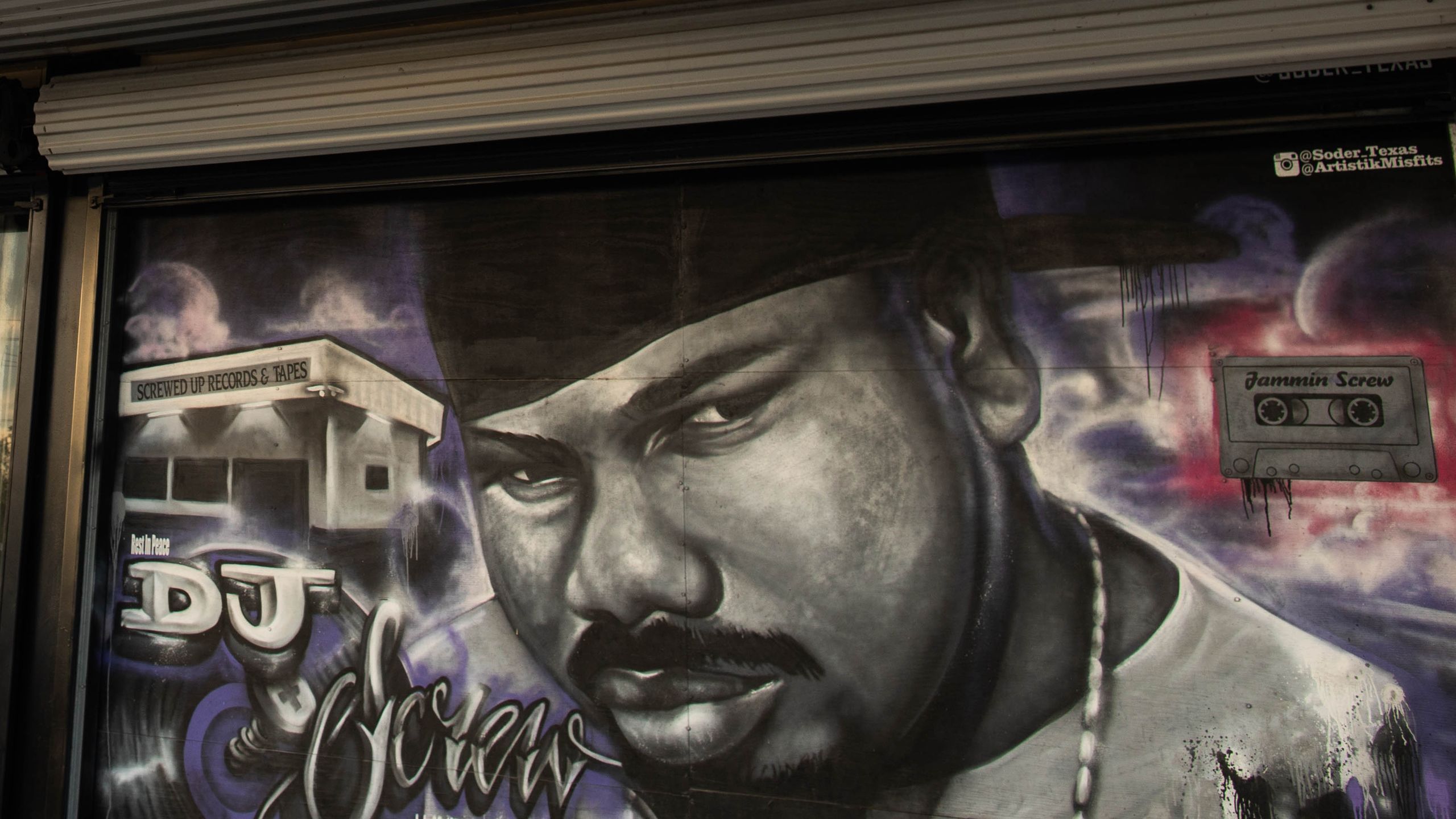
The Harris County Coroner’s Office said DJ Screw died of a “codeine overdose with mixed drug intoxication.” At the time of his death he was known to drink a cocktail of prescription-strength cough syrup mixed with soda, known as Purple Drank, Syrup or Lean. It’s a concoction often referenced in SUC lyrics.
“Though his slowed down style is often associated with ‘syrup culture,’ it also represented deeper aspects of the slower, laid-back Southern culture,” Chiles said. “However, this time it was presented in a way that proudly exclaimed, ‘This is us.’ DJ Screw, and his mixtapes, along with numerous rappers, created this proud narrative which originated from the Houston rap scene.”
Over at Screwed Up Records, that narrative is celebrated by a steady stream of tourists who come for a piece of the culture, including T-shirts, CDs and other memorabilia.
“I can honestly say that people come here from all over the world who don’t even speak English, but they can say DJ Screw,” said Big A, who along with DJ Screw’s cousin, Big Bubb, helps run the shop.
The DJ Screw collection at the UH library is commanding the same attention.
“The DJ Screw papers,” said Grob, “get requested more than any other collection in the archives.”


